An intercontinental ballistic missile fired by North Korea on Friday has reportedly fallen into Japan's Exclusive Economic Zone, Japan has claimed. Condemning North Korea for the insensitive action, Japan's prime minister, Fumio Kishida, said that the country "absolutely cannot tolerate" North Korea's repeated missile launches.
Speaking from Bangkok Kishida said the missile, which is thought to be an ICBM, and was launched from Pyongyang and landed close to an island in northern Hokkaido, raising fresh tensions between the two countries. The launch was North Korea's second ICBM test this month. Outside experts said that an ICBM launched by North Korea on 3 November failed mid-flight.
Japan Almost Attacked
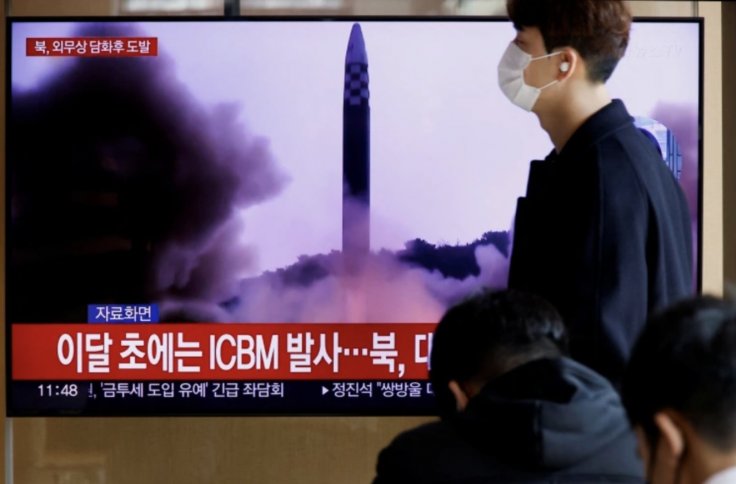
The missile landed about 210 kilometers from an island in northern Hokkaido, according to the Japanese coast guard. Japan's defense ministry said in a statement on Friday that: "North Korea launched an ICBM-class ballistic missile from near the western coast of the Korean Peninsula at around 10.14 (0114 GMT) today."
Condemning the ICBM launch, Kishida said, "North Korea has repeatedly engaged in provocative actions at an unprecedented frequency, and I would like to reiterate strongly that these actions cannot be tolerated.
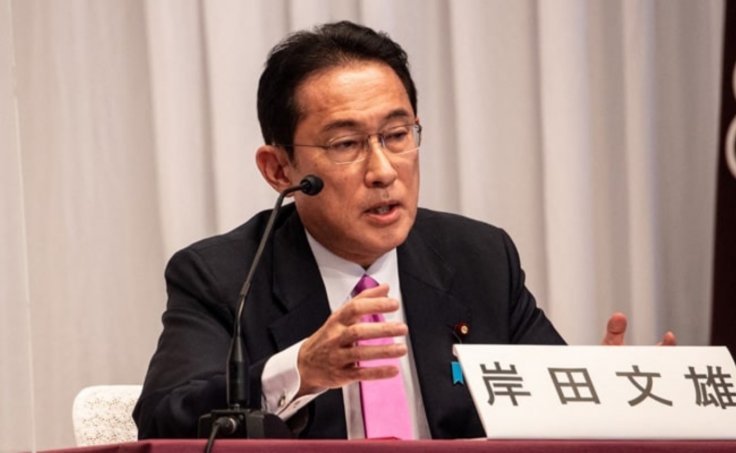
"We naturally lodged a strong protest against North Korea, which has repeated its provocations with unprecedented frequency. We have told (Pyongyang) that we absolutely cannot tolerate such actions." Kashida is in Bangkok to attend the Asia-Pacific Economic Cooperation summit meeting. His remarks were broadcast live in Japan.
The launch comes just a day after North Korea launched a short-range ballistic missile, warning of "fiercer military responses" to US moves to increase its security presence in the region alongside its allies and declaring that Washington was making a "gamble it will regret."
The South Korean military also said an early analysis indicated that the weapon was an ICBM — the North's second test of a long-range weapon this month.
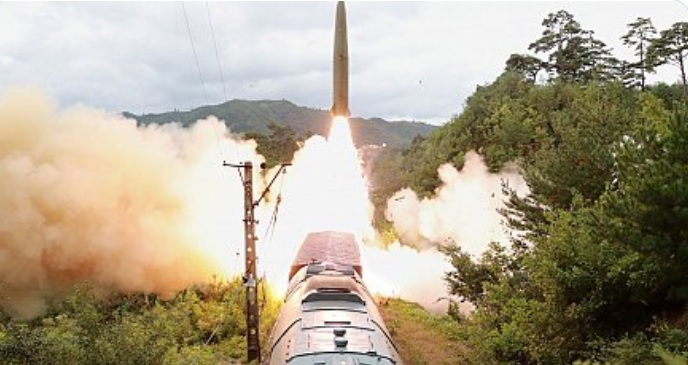
"We will continue to do our utmost to gather information and monitoring, working closely with the U.S., and trilaterally with the U.S. and South Korea toward the complete denuclearization of North Korea," Kashida added.
North Korean Aggression
This year, North Korea has launched missiles at an unprecedented rate, including an ICBM that reportedly malfunctioned on Nov. 3. That test was believed to have involved a new type of developmental ICBM.
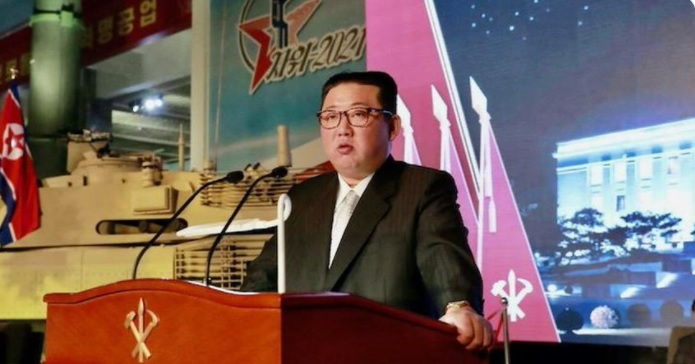
A rare warning to seek shelter was broadcast via Japan's J-Alert emergency broadcasting system encompassing the prefectures of Niigata, Yamagata, and Miyagi after that launch raised anxiety in Tokyo.
North Korea boasts two types of ICBMs -- Hwasong-14 and Hwasong-15 ICBM. Their test launches in 2017 demonstrated their probable ability to reach portions of the US mainland.
Such tests, which are prohibited by UN security council resolutions that have sanctioned the nation over its missile and nuclear weapons programs, have been 0carried out by North Korea in record numbers this year.
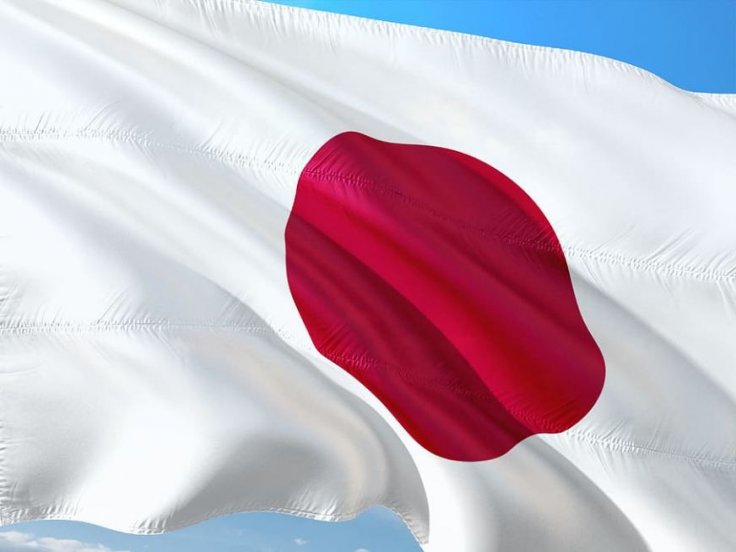
Recently, the North also sent a large number of artillery projectiles into the ocean as South Korea and the US conducted drills, some of which included Japan.
Prior to Thursday's test, the nation had temporarily halted all weapon launches. Choe Son-hui, North's foreign minister, had earlier vowed "fiercer" military retaliation.
Choe was referring to the recent trilateral summit between US president Joe Biden and his counterparts from South Korea and Japan, which took place in conjunction with a regional conference in Cambodia.
The three presidents agreed to cooperate to increase deterrence and harshly denounced North Korea's most recent missile tests in their joint statement. Biden emphasized that the US will protect South Korea and Japan using all of its resources, including its nuclear arsenal.









